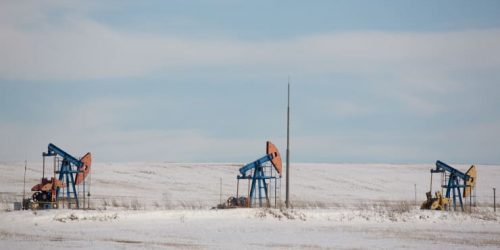Oil prices on Tuesday fell more than 3%, although closed off their lowest levels of the day, on worries about the outlook for fuel demand as Europe and the United States grappled with a surge in new coronavirus infections.
Stock and commodities investors remained cautious ahead of the first U.S. presidential debate between Democrat Joe Biden and Republican Donald Trump later on Tuesday.
The energy market was also waiting for weekly updates on U.S. crude stockpiles from the American Petroleum Institute (API) on Tuesday and the Energy Information Administration (EIA) on Wednesday.
Analysts polled by Reuters forecast U.S. crude inventories increased 1.6 million barrels last week.
On its second to last day as the front-month, for November delivery fell $1.60, or 3.8%, to $40.83 a barrel, while the more active Brent contract for December fell 3.6% to $41.33.
More than a million people worldwide have died from COVID-19, according to a Reuters tally, a bleak milestone in a pandemic that has devastated the global economy and demand for fuel.
New York City will impose fines on people who refuse to wear a face covering as the rate of positive coronavirus tests climbed above 3% for the first time in months, Mayor Bill de Blasio said on Tuesday.
“The evolving COVID landscape is a massive downside risk for crude prices,” said Craig Erlam, senior analyst at OANDA.
The heads of the world’s largest trading houses predicted tepid oil demand recovery and flat prices in the coming months and possibly even years.
Clashes between Armenia and Azerbaijan over the Nagorno-Karabakh region have also kept markets on edge. If the conflict escalates, it could affect oil and gas exports from Azerbaijan.
In Libya, meanwhile, the Sarir oilfield has restarted production, the head of the company that operates it said on Tuesday, after eastern forces lifted an eight-month blockade on energy facilities.





